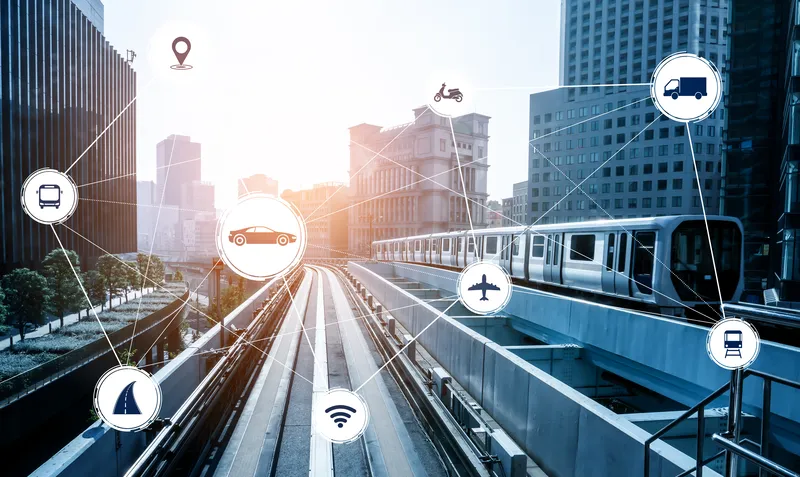
Five companies, including Thales and Renault, have joined forces to create what they call "a new open ecosystem for intelligent and sustainable mobility".
STMicroelectronics, Atos and Dassault Systèmes complete the automotive and technology quintet behind Software République, and they all pledge to welcome new members and to develop "open collaborations" in intelligent mobility systems.
Areas such as artificial intelligence, cybersecurity, connectivity, embedded electronics and virtual twin technology will be to the fore in the new venture, which is designed to take advantage of new mobility technologies such as digitalisation.
In a statement, the partners say they "plan to develop and market together systems and software to provide an enriched and sustainable mobility offer for cities, regions, businesses and citizens" in three main areas:
• Intelligent systems to facilitate secure connectivity between the vehicle and its digital and physical environment
• Simulation and data management systems to optimise flows for territories and companies
• Energy ecosystem to simplify the charging experience
The group is set to create an investment fund to finance promising start-ups and an incubator to host them, and wants to organise a data challenge for start-ups and universities to contribute to the development of electric, connected and autonomous mobility.
Thales chairman and CEO Patrice Caine says the new group "brings a joint and disruptive momentum, essential to the mobility ecosystem".
He says Thales will share its expertise in artificial intelligence, cybersecurity and connectivity "to strengthen the protection of vehicles, their data and those involved in mobility".
The partners are currently considering ways to allow an electric car to be automatically recognised when connected to a charging point, and to perform a charge without any action by the user.
Software République is also looking to facilitate access to mobility information exchange so that consumers can choose the most appropriate odes, planners can anticipate needs and operators can enrich their services.









